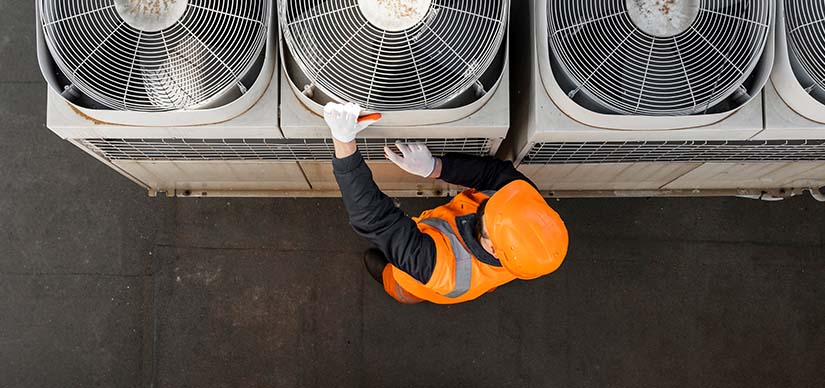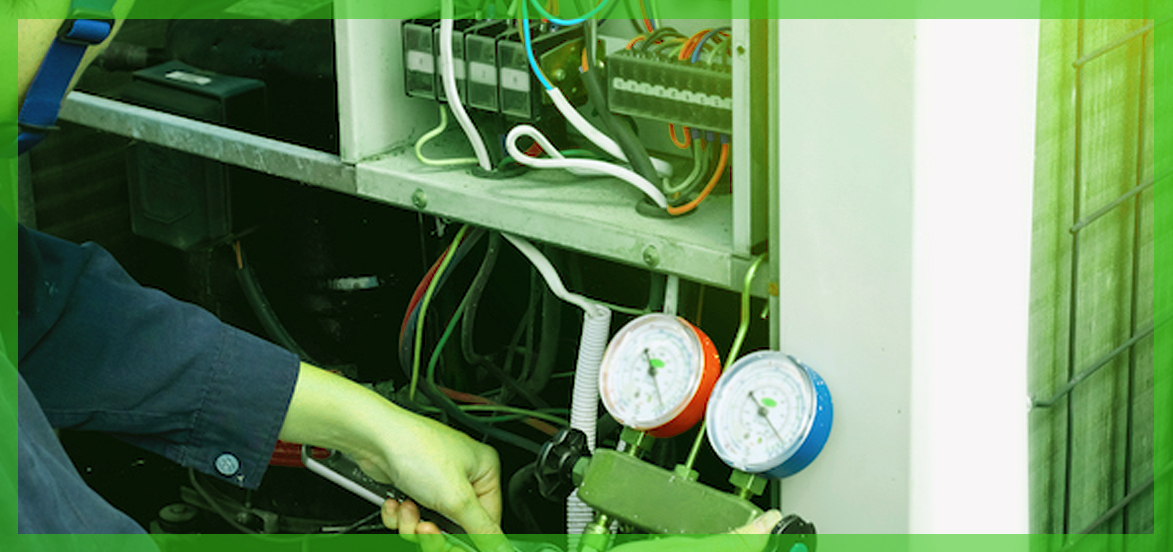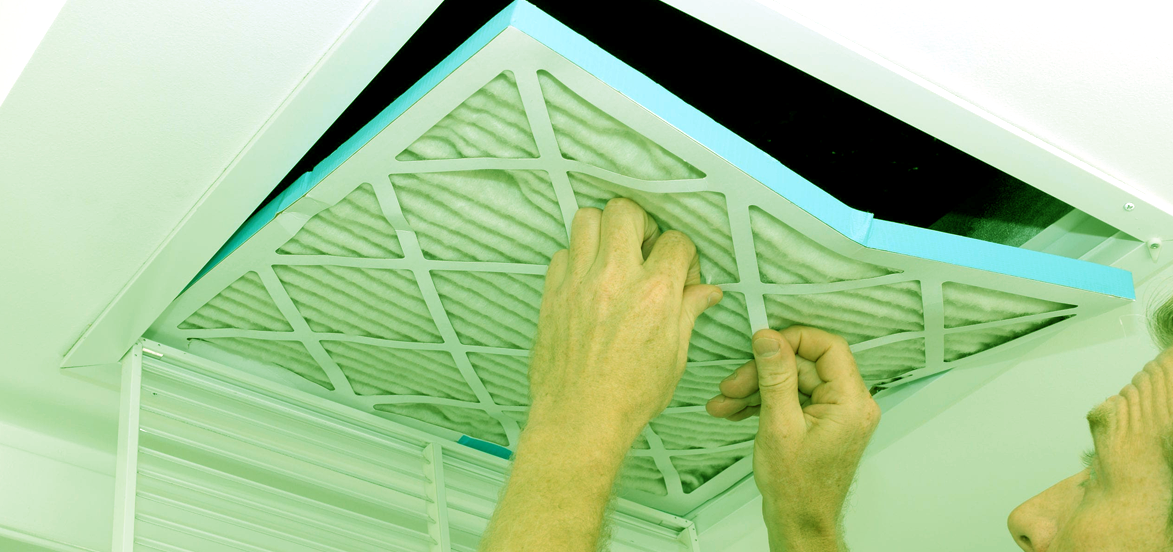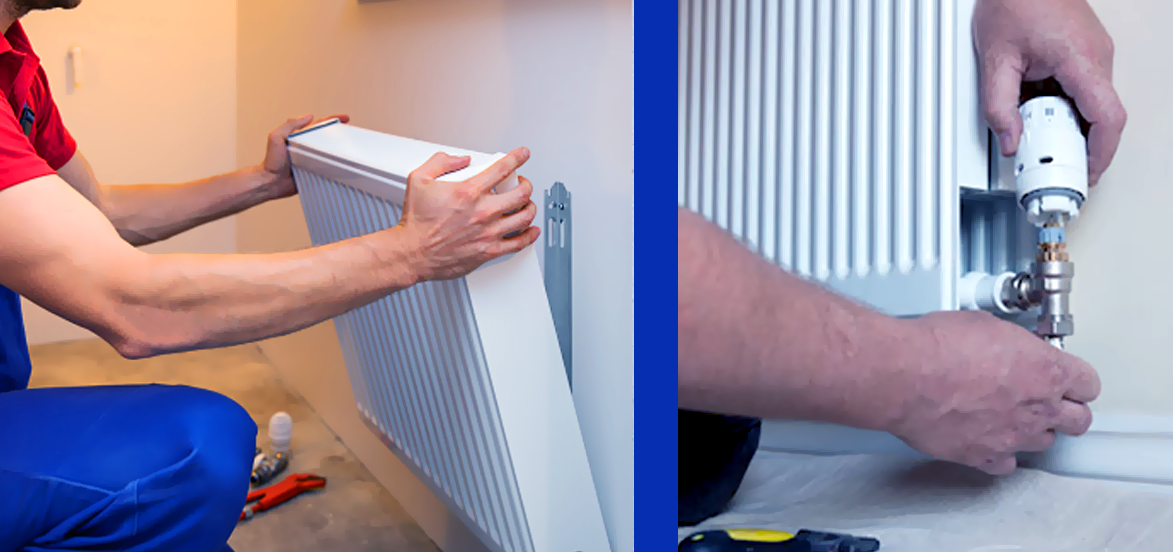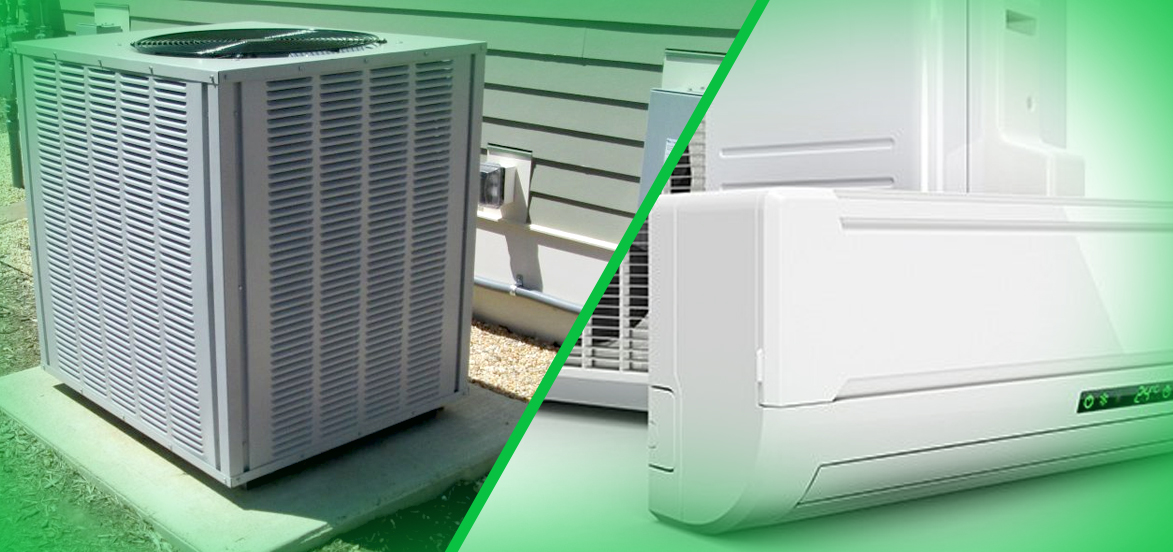Due to the varying weather in Orange County, HVAC (heating, ventilation, and air conditioning) systems are required to maintain indoor comfort and air quality. You remain cozy at home or at work thanks to it. No matter the outside conditions, it continuously maintains a comfortable interior temperature all year. However, just like any other mechanical system, your HVAC system may experience problems, which can be upsetting and stressful. You would then require
HVAC repair in Orange County, California. If you know how to troubleshoot your HVAC system yourself, it can ease the tension before you call a professional if it is a more serious issue. Before contacting the professionals, you can try many HVAC troubleshooting techniques to find the issue and possibly solve it. This article will discuss HVAC troubleshooting tips.
Why does my HVAC System Stop Working?
Your home's heating, ventilation, and air conditioning are provided by an intricate network of parts known as an HVAC system. Your system may stop functioning entirely if one of these parts malfunctions. Knowing how to troubleshoot your HVAC system is important because it will save you the headache and stress that come with a breakdown. Some of the most typical reasons for HVAC system failure are listed below:
Electrical Problems
Your HVAC system could stop functioning as a result of electrical issues. A blown fuse or a bad electrical connection is an example of one of these problems. To reduce your risk of electrical shock or fire, it's vital to seek the assistance of an HVAC repair in Orange County, California, if you suspect an electrical issue.
Thermostat issues
The brain of your HVAC system is your thermostat. Your system may stop functioning if it is broken or is not sending the right signals. This might be brought on by a broken thermostat sensor, a low battery, or bad wiring.
Clogged air filters
Dirt, dust, and other airborne particles are collected by air filters. These filters have a tendency to clog up over time, which restricts airflow and makes your system work harder to heat or cool your home. This might result in system failure or decreased effectiveness.
Lack of maintenance
One of the main reasons HVAC systems fail is a lack of maintenance. Your system may become clogged with dirt, dust, and debris over time, making it work harder to heat or cool your home. Overheating, system failure, and decreased effectiveness may result from this.
Also Read: Summer HVAC Maintenance Tips To Make Sure You Keep CoolRefrigerant leaks
Your air conditioner may stop functioning if there is insufficient refrigerant in the system. This might be the result of a refrigerant leak, which could happen in the compressor, pipes, or coils. Your system may overheat from refrigerant leaks, which could result in system failure.
Worn-out parts
Your HVAC system's components could eventually wear out and stop functioning properly. System failure or decreased efficiency may result from this. Blower motors, belts, and bearings are a few examples of worn-out components.
Obstructed vents
By obstructing proper airflow, blocked vents can make your HVAC system work harder to heat or cool your home. System failure or decreased effectiveness could result from this.
How to Fix Your HVAC System When It Breaks Down
Make Sure Your HVAC System Has Power
Before you begin troubleshooting the HVAC system, make sure it has power. Check that your HVAC system is plugged in and that the circuit breaker has not tripped. If there is a power outage, you may have to wait until the power is restored.
Try Resetting Your HVAC System
If your HVAC system is powered on but not working, try resetting it. Turn off the power to your HVAC system, wait a few minutes, and then restart it. This can help to reset the system and resolve the issue.
Make Sure Your Furnace Door is Closed
Check the furnace door if your HVAC system isn't heating your house or office. Make sure the door is securely closed, as some HVAC systems have a safety switch that prevents the system from running while the door is open.
Check Your Thermostat
Your thermostat is the control center of your HVAC system, and it can be the source of problems with your HVAC system. Check that your thermostat is properly set and that it is working properly. Replace any batteries that are running low in your thermostat.
Check All Vents for Obstruction
Check all the vents in the building to ensure they are not obstructed if your HVAC system is not effectively cooling or heating your home or office. Check that no furniture, curtains, or other items are blocking any vents. Obstructed vents can make your HVAC system work harder, which can lead to HVAC problems.
Replace the Filters in Your AC or Furnace
The air filter in your HVAC system is critical to maintaining good air quality in your home or office. A clogged air filter can make your HVAC system work harder, resulting in It is critical to replace the filter in your furnace or air conditioner on a regular basis to avoid HVAC problems.
Check Furnace and AC Wires
Check the furnace and AC wires to ensure they are not loose, disconnected, or damaged if your HVAC system is not working. Check that all of the wires are securely connected, and replace any damaged ones right away.
Turn off the AC
If your HVAC system is not cooling your home or office effectively, turn off the AC and wait a few minutes before turning it back on. This can help reset the system and fix the problem.
Know When to Call in the HVAC Service Experts
If you've tried all of the HVAC troubleshooting tips listed above and your HVAC system is still not working, it's time to contact the HVAC repair service in Orange County, CA. HVAC problems can be complex and dangerous, and attempting to fix them yourself can lead to further complications.
Conclusion
Troubleshooting your HVAC system does not have to be difficult. You can identify and possibly fix the problem without calling in HVAC repair in Orange County, CA if you follow the tips in this article. Always prioritize your safety and leave more complex HVAC problems to the professionals. Your HVAC system is an important component of your home or office, and when it fails, it can be frustrating and stressful. However, with these HVAC troubleshooting tips, you can identify and resolve the issue without having to call in the professionals. Make sure your HVAC system is turned on, try resetting it, and inspect the furnace door, thermostat, vents, and air filter. Check the furnace and AC wires, and turn off the air conditioner. If none of these suggestions work, don't hesitate to
contact EZ Heat & Air, the dependable HVAC repair in Orange County, CA.
